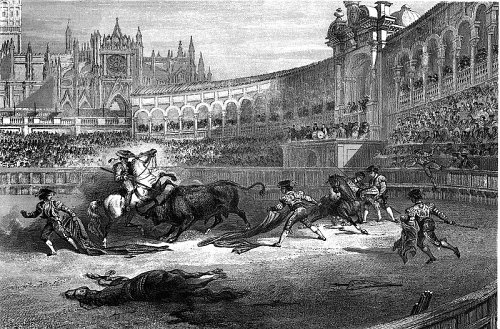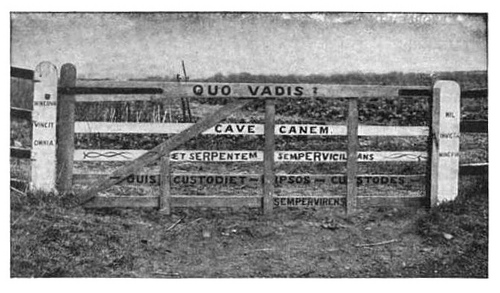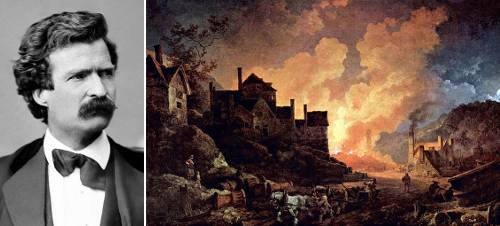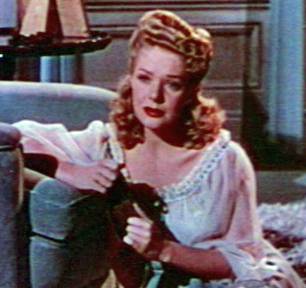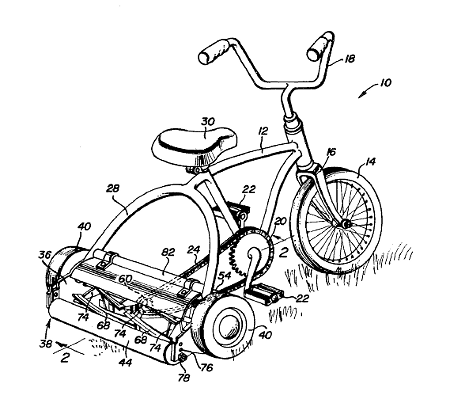
Face it, you never wanted kids in the first place. Now that you have one, you might as well put him to work. You already have a swing that churns butter; now, thanks to Deanna Porath’s 1984 brainstorm, you can fit a mowing attachment to his tricycle:
An object and advantage of the present invention is to provide a pedal operated mower that does not consume fuel or make noises corresponding to engines for mowers, but provides an arrangement that is conveniently an exercising assembly for operators, both young and old.
A curious side note: The patent abstract claims that one advantage of this arrangement is that “the operator need not be required to start an engine and to endanger pulling his arm out of socket in order to crank the mower,” a risk of which your correspondent had been hitherto unaware. Maybe I’ll build one of these myself.

